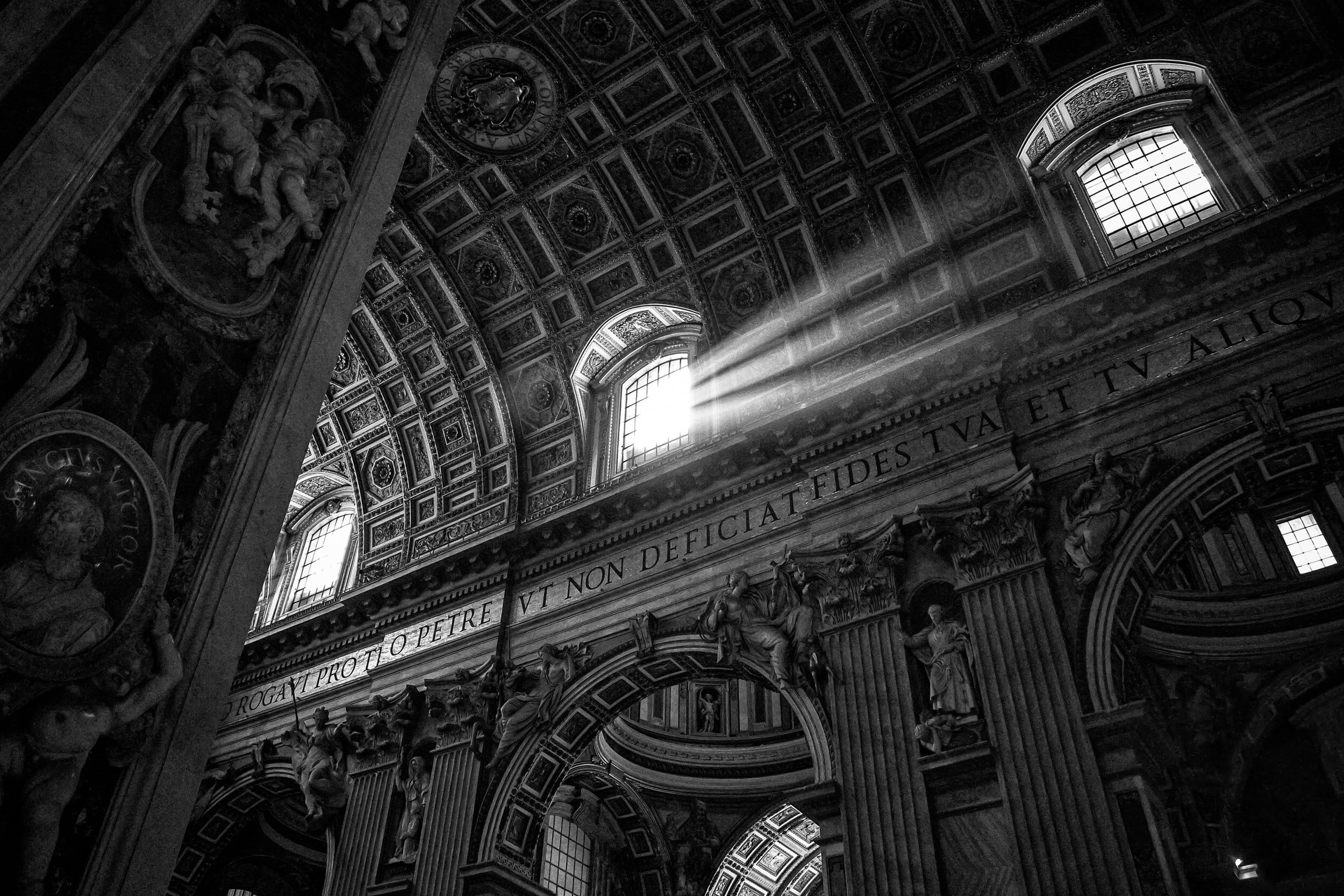
Restoring Ancient Beauty:
The Revival of Thomistic Theology
Edited by James Keating
Book Overview
Until recently it has been commonplace to believe that Vatican II represents a permanent sidelining of the thought of St. Thomas Aquinas for theology. The documents of that council, it is said, moved away from the scholastic categories that had informed Catholic theological work since the Reformation, and most particularly since Vatican I. There is some truth to this, of course, since the council fathers preferred biblical formulations in a personalist and pastoral mode over the kinds of concepts one finds in Neo-Thomism. The effect of this shift on theological education is well known. Indeed, so swift was the change that one finds figures as different as Jacques Maritain, Karl Rahner, and Joseph Ratzinger worrying soon after the Council's conclusion that the Angelic Doctor had all but disappeared from Catholic theology. Each in his own way sought to call the Church's intellectuals back to a consideration of Aquinas to address not simply philosophical issues but those dealing with the central doctrinal mysteries of the faith. It is now clear that after decades of experimentation with various philosophical systems, a number of scholars have either found a new audience for their work or have recently discovered for themselves the ancient beauty of Aquinas' theological work. The present volume brings together a number of prominent scholars to explore the different ways in which the writings of Thomas Aquinas on Christ, grace, faith, and other properly theological themes retain their relevance, and indeed, constitute a firmer basis upon which to explore these mysteries than many recent streams of thought.
To assist our continued work most fully, purchase directly from our distributor
Contents
James F. Keating, Introduction
Thomas Weinandy, O.F.M. Cap, “Jacques Maritain: Incarnational Humanism”
Francis Feingold, “Jacques Maritain and the ‘Wounding of God’”
Joel Johnson, “Civility’s Decline: Aquinas and Maritain on the Value and Limits of the Social Virtues”
Michael Torre, “The Natural Desire to See God: The View of Thomas Aquinas”
John F. X. Knasas, “Thomism and Theology: Fides et Ratio and the Wishes of John Paul II”
Anton Schaube, “A Christian Philosophy”
Heather M. Erb, “Lamps of Fire and Flame: Stages of Ascent in Aquinas’s Mystical Theology”
James G. Hanink, “Wisdom, Metaphysics, and Conscience”
D. C. Schindler, “‘Guardians of Metaphysics’: The Task of Christian Philosophy in the Twenty-First Century”
Justin Matchulat, “The Death of God as Manifest in Practical Cognition: The Silencing of Higher Reason”
Thomas Rourke, “Augusto Del Noce: Philosophical Roots of Contemporary Socio-Political Trends”
Philip Berns, “Scholastic Science and Modern Clarity: What Thomism Offers Modern Theology”
Daniel Drain, “‘Our Inheritance and the Christian Task’: von Balthasar’s Metaphysical Debt to St. Thomas Aquinas”
Marie George, “What are We to Make of Near-Death Experiences? A Thomistic Account”
Joshua Schulz, “The Stranger and the Other: Nussbaum, MacIntyre, and Sapemann on Status vs. Significance in the Abortion Debate”
Jessica Murdoch, “Foundation of the New Morality”
Michael Humphreys, “Lend Hoping Nothing: Aquinas, Usury and Modern Economies”
Fred Boley, “Lonergan, the Desire for God, and the Goals of Psychotherapy”
About the Authors
Index